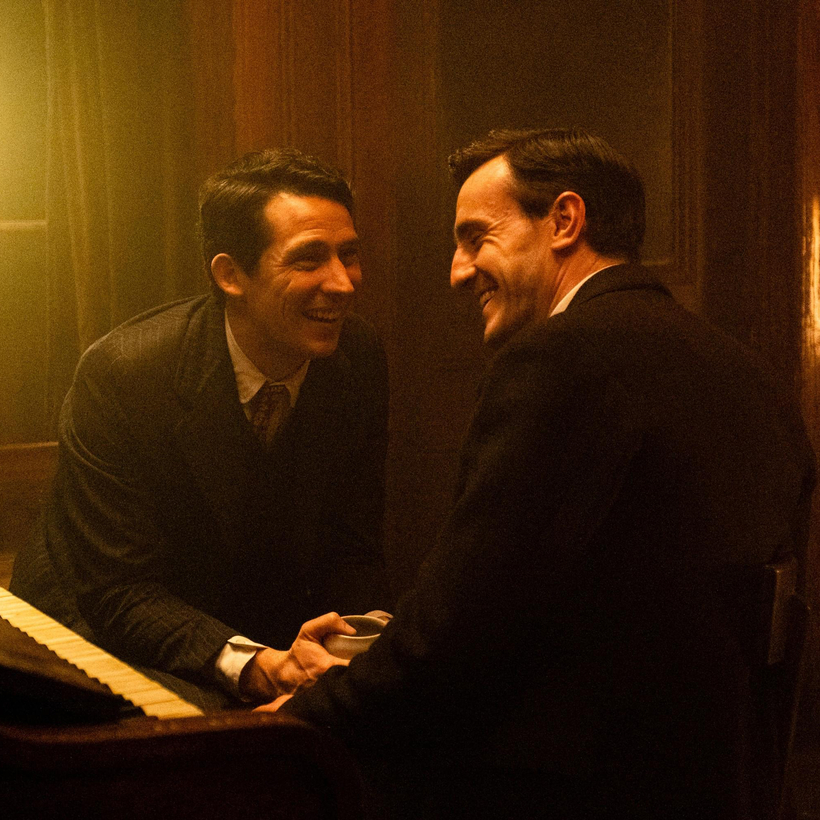“It’s as if the town crouched and time stepped over it,” the actress Jenny Slate told Ben Shattuck the first time she visited his hometown of South Dartmouth, in Massachusetts, in 2019. Six years later, the couple, who married in 2021, live there with their four-year-old daughter, Ida, in an old dance hall that Shattuck’s great-grandfather converted into a family home nearly a century ago. A small neighborhood on the state’s southern coast, South Dartmouth is one of the last enclaves of old New England. The Shattucks have lived there for generations, keeping alive the traditions of contra dancing and hay baling even as Target and Trader Joe’s sprang up around them.
“There’s a real cozy sense of home here,” says Shattuck, whose short story “The History of Sound,” a W.W. I–era portrayal of a love affair between two men, won a Pushcart Prize in 2019. A film adaptation of that story written by Shattuck and starring Paul Mescal (Normal People, Gladiator II) and Josh O’Connor (The Crown, Challengers)—which earned a nomination for the Palme d’Or at the Cannes Film Festival earlier this year—arrives in theaters this Friday.


